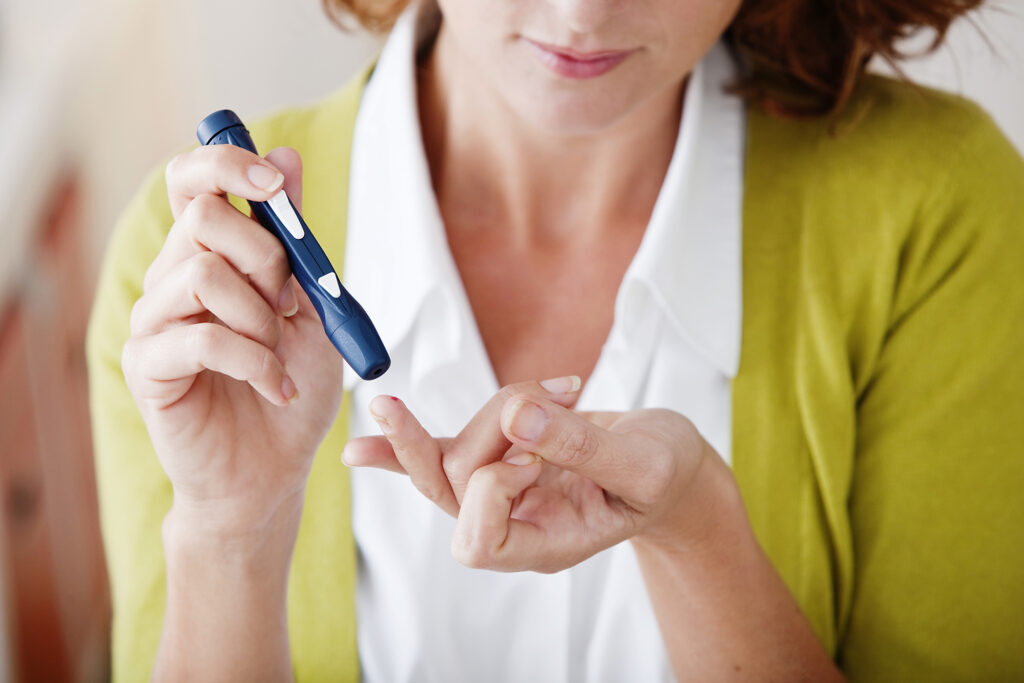Diabetes, or chronic high blood sugar, affects some 37 million Americans, or about 11 percent of the population. And almost triple that number—98 million people or 38% of American adults—have prediabetes, meaning elevated blood sugar that isn’t quite high enough to be considered diabetes.
According to American Diabetes Association, diabetes is the seventh leading cause of death in the U.S., being featured as a cause on over 280,000 death certificates in 2019 alone. The disease is responsible for more than $230 billion in direct medical costs and $90 in reduced productivity each year.
With incidences of diabetes continuing to rise, scientists across the globe are constantly searching for solutions to this near epidemic. And now, researchers in Australia may have discovered a simple—and delicious—way to prevent this all-too-common disease.
The Study
Sea cucumbers are a marine delicacy prized throughout Asia. Despite the name, they’re animals, not plants, and in addition to their culinary applications, they’re also known to have medicinal properties. And that’s what researchers from the University of South Australia were testing in their new study published in the International Journal of Food Science & Technology.
For the study, the researchers tested sea cucumber extracts and collagens to discover whether they could inhibit the formation of advanced glycation end products (AGEs) in an in vitro model. AGEs form when proteins and/or fats combine with sugars in the bloodstream. When accumulated in high levels, they increase diabetic complications, including heart disease, Alzheimer’s, Parkinson’s, kidney disease, and cancer.
“Sea cucumbers are known to have a range of therapeutic properties, including anti-inflammatory and antioxidant properties, so we wanted to explore their bioactive compounds as AGE inhibitors,” said Dr. Permal Deo, the study’s lead researcher. “We know that an accumulation of AGEs is associated with complications of type 2 diabetes, so strategies to prevent this may reduce the risk of developing diabetic complications,”
Deo’s team tests a variety of sea cucumber preparations, including sundried with no salt; sundried with salt, smoked and sundried, and fresh sundried. They also tested pepsin-solubilized collagen and crude collagen fibril derived from sea cucumber. The various preparations were then applied to in vitro models of AGE formation, and samples were tested for fructosamine formation, total phytochemical and antioxidant activity, and other factors. All samples were analyzed in triplicate and each experiment was carried out three times.
Conclusions
While several of the preparations showed some benefit, one stood out as having potential for further investigation. “We found that processed dried sea cucumber with salt extracts and collagen can significantly inhibit AGEs by lowering a range of sugar-related metabolites in the body and reducing the risk of diabetes,” said Deo.
To date, there is no commercially available therapeutic agent that inhibits AGE formation, so this study could provide a new avenue for exploration. “These results provide sound evidence that sea cucumbers could be developed as a functional food product to help battle the onset of diabetes and diabetic complications,” said Deo.






